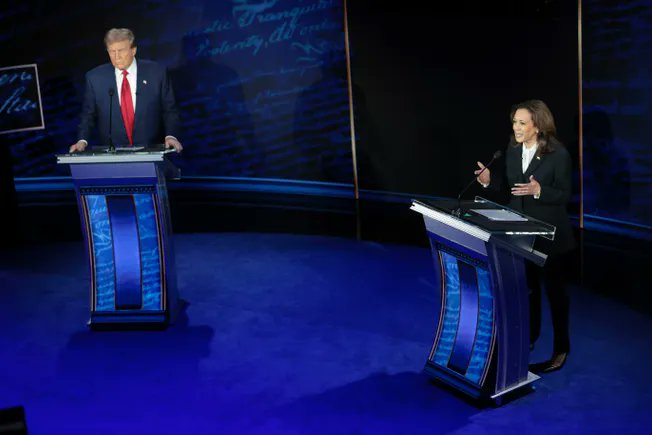
Corporate executives may have personal political leanings and beliefs, but when it comes to the Nov. 5 U.S. presidential election, they see political and regulatory risks no matter which candidate is elected.
Among 709 executives who participated in PwC’s pulse survey, 75% agreed or strongly agreed that Donald Trump’s proposed 10% universal tax on imports would significantly hinder their growth.
At the same time, 75% of the participants agreed strongly that if the corporate tax rate were raised to 28%, as proposed by Kamala Harris, they would significantly reduce their domestic investments.
Regardless of who is president, 71% of those surveyed agreed that post-election trade and tax policies will hurt U.S. competitiveness; 77% agreed there will be more executive orders; 75% agreed there will be a more litigious business environment; and 75% agreed there will be more regulation generally.
However, executives don’t necessarily see the presidential election as the most important one this November. Asked which government entities affect their company most, more than half ranked state governments (53%) and federal regulatory agencies (52%) in their top three. Next were local governments (44%), Congress (43%) and then the presidency (also 43%).
Executives did point to relatively small differences in the policy risks presented by the two candidates. With Harris as president, 36% cited U.S. corporate tax policy among their top three policy risks vs. 31% under Trump. Similarly, 33% placed regulatory oversight in the top three under Harris, compared with 28% if Trump were elected.
Conversely, under Trump, executives pointed to foreign relations as a key policy risk (32% vs. 25% for Harris), while for trade policy risk the corresponding figures were 31% vs. 27%, respectively.
Still, the executives said that under either administration, they’ll continue to make certain types of investment at current levels or greater. For example, 53% said they would increase their AI investment under a Trump administration, while 52% said the same for a Harris administration.
In terms of companies’ investment expectations, the data shows some differences between the candidates. More than half (55%) said their company would invest more in sustainability under Harris, compared to 46% under Trump. Eleven percent say their sustainability investments would decrease under Trump, compared to 4% under Harris.
As for U.S. capital projects, 53% said investments would increase under Trump, compared to 49% under Harris.
And when it comes to compliance and regulatory affairs, 56% of those surveyed said investments would increase during a Harris administration, against 47% during a Trump administration.
PwC counseled companies to “stay the course” by avoiding short-term investment decisions based on which candidate is elected. “Some incremental adjustments may be required, but most strategic investments should be made as part of a long-term plan,” PwC wrote in its survey report. “This is especially true in areas with proven value, like AI.”
However, despite the uncertain environment, simply avoiding risky moves “isn’t a realistic option,” according to PwC. “The odds become more dynamic, but the need to take calculated risks remains. In fact, not taking any risks is potentially the biggest risk you can take right now.


